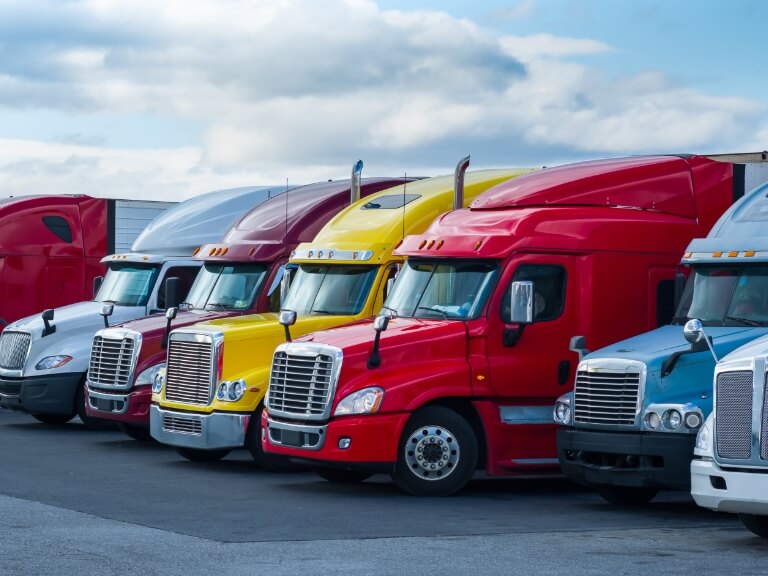According to Roland Berger, a strategy and management consulting firm, digital technologies have the ability to benefit the transportation industry in the form of more efficient logistics. In a report titled, “The Future of Trucking: Challenges for the Transportation Sector,” researchers noted that when trucks, warehouses, customers are all connected, and when processes are digitalized, inefficiencies like empty running can be significantly reduced, producing a competitive advantage for the players involved. In fact, the same innovations can shrink the cost of operating a truck fleet by 25 to 40 percent.
At BOLT System, that’s exactly what we do — provide the latest digital functionality to optimize shipping and supply chain requirements, dispatch and driver efficiency, and ultimately customer service. We’ve helped many of the nation’s leading shippers and corporate fleets enhance their operations and achieve their full potential. Many of the applications that we’ve developed come directly from working with our clients to solve challenges that they face in truck tracking and fleet management.
The term Pool Loads actually came from a warehouse manager at one of our largest customers in the automotive parts sector. The practice was to “pool” loads based on their need for clearing inventory in high volume situations. It wasn’t that there weren’t enough trucks available, but often a driver would make their assigned delivery and head back to the barn while there was still time left on the clock. In essence there was a communication breakdown between dispatch, the warehouse and the drivers.
Using a fleet manager’s experience and one of our ELD partners, we created an innovative Load Pooling feature that allows pre-qualified drivers to automatically check for a load originating out of their current “circle of opportunity.” Should a driver have extra time in their schedule, rather than dead heading, they can log into their ELD and ask for a particular type of load or a load that is ready to go.
The Load Pooling process is designed to minimize dispatchers’ direct involvement and still provide drivers with the essential information needed to complete their tasks, as well as provide detailed information regarding trailer/container tracking and key freight arrivals and departures. We like to think of it as, “driver self-dispatch.” Each distribution location can specify the mile radius within which a driver can be allowed to select a load. If a pre-qualified driver is inside this circle, they can select the specific Pool Load and pull the load information into the truck. Multiple Pool Loads can be set up with a very detailed priority.
Efficiency is obtained by providing drivers with a pick list of priority pool loads. The pick list is organized by priority and volume. For example, a driver logs in and requests the highest priority outbound pool load, and if the selected load is not available, continues the selection process. After the driver’s request is received, the current highest priority outbound load is sent to the driver. If no pool load is available at that location, the driver looks for other pool or assigned loads nearest their current location. Information is seamlessly updated on the dispatch screen for that driver and shows that the load is in transit.
Load Pooling can be implemented in any situation where high volume shipments are the norm:
• Distribution Center Replenishment Loads
• High volume shipments
• Rail Outbound/Inbound
• Port Outbound/Inbound
Load can be generated by:
•Load building software (TMS or Routing)
•EDI
•BOLT Standard Loads
The only restriction regarding Load Pooling is that the billing should be to a single customer. The key to the success of Load Pooling is the reality that fleet management, trucking dispatch and drivers want to deliver as much as they possibly can. Pool Loads increase efficiency because drivers are more productive with their time, more loads get delivered, and most importantly for the drivers, they make more money and their job satisfaction increases. You might say Load Pooling is the ultimate win-win solution for the commercial transportation industry.

